Language of the workshop:Chinese, English
Style of the workshop:Mini-conference (Paper presentations, discussions, and demonstrations)
The development of advanced information technologies has opened up new opportunities in the area of computer supported learning environments. To ensure that such environments can accommodate diverse students’ needs, it is necessary to incorporate personalization into the development of computer supported learning environments. Personalization is a useful approach that helps students with different characteristics, backgrounds and needs to get different types of content presentation and navigation support. While acknowledging the essentiality of personalization, the importance of incorporating an element of collaboration has become prevalent in educational settings. Thus, issues on how to incorporate personalized learning and collaborative learning to create optimal learning space and experience for involved learners are the focus of this workshop.
In summary, this proposed workshop addresses two core aspects in computer supported learning environments—personalization and collaboration. The workshop provides opportunities for the cross-fertilization of knowledge and ideas from researchers in the many fields that make up this interdisciplinary research area. We hope that the implications of findings of each work presented in this workshop can be used to improve the development of Computer-Supported Personalized and Collaborative Learning environments. In addition to oral presentation sessions for research papers, we have a demonstration session for the computer-supported environments.
1. Collaborative mobile learning
2. Collaborative online game-based learning
3. Emerging technologies supporting collaborative learning in online space
4. Group composition and group dynamics in computer-supported collaborative learning
5. Human factors
6. Individual trait and ergonomics
7. Learning analytics for understanding computer-supported personalized and collaborative learning
8. One-to-one tutoring
9. Personalized game-based learning
10. Personalized mobile learning
11. Self-directed learning
Short biographies of the workshop organizer:
Workshop Chair:
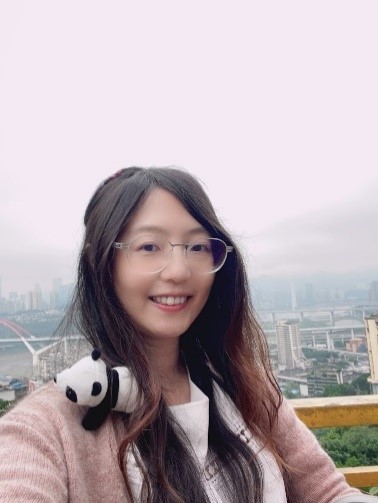
Hsin-Yi Liang (cindy@isu.edu.tw)
Dr. Hsin-Yi Liang is an Assistant Professor of the Department of Creative Integrated Design, I-shou University, Taiwan. Her research interests include museum learning, game-based learning, technology-enhanced learning, and interaction design.
Workshop Co-chair:
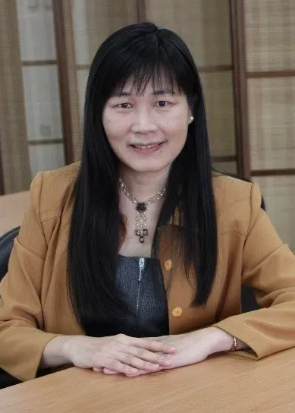
Dr. Hsiu-Ling Chen is currently Professor of Digital Learning and Education at the National Taiwan University of Science and Technology. She received her Ph.D. from the University of Texas at Austin. Her main research interests are ICT integration in education, including flipped classrooms, CSCL (computer-supported collaborative learning), digital storytelling, SEL (social and emotional learning), and high-order cognitive thinking (critical thinking, creative thinking, problem solving, metacognition).
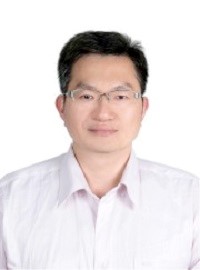
Dr. Ben Chang studied learning technology at National Central University, Taiwan, and received a Ph.D. on the theme of EduCities: Structured Network Learning Society from the Computer Science and Information Engineering Department in 2003. "EduCities", literally referring to an excellent educational city in Asia, is a prototypical network learning society. It is a pioneering Internet city for education in the world. With the metaphor of a city mechanism, it responds to the real world, connecting people and the current educational organization, and carries out various learning activities online. Based on the EduCities platform development experiences, he now serves as the co-founder of an open social learning networking platform named CoCoing.info (https://cocoing.info). He actively participated in the Interest-Driven Creator theory (IDC Theory) development. He serves as one of the anchor authors and is the corresponding author of the IDC Theory paper.
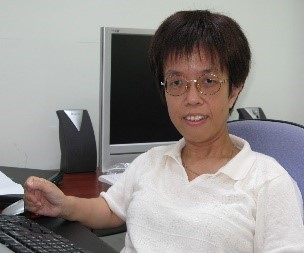
Dr. Sherry Y. Chen is currently a Chair Professor at Graduate Institute of Network Learning Technology, National Central University, Taiwan and a visiting professor in the Department of Information Systems and Computing at Brunel University, UK. Since May 2010, she has been granted an Outstanding Scholar Award from the Foundation for the Advancement of Outstanding Scholarship (FAOS).
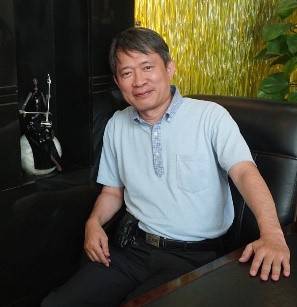
Dr. Gwo-Haur Hwang is currently an associate professor in Bachelor Program in Industrial Technology at National Yunlin University of Science and Technology, Taiwan. He received his Ph.D. degree in Electronic Engineering from National Chiao Tung University, Hsinchu, Taiwan in June, 1994. His research interests include intelligent systems, mobile and ubiquitous learning, flipped classrooms, game-based learning, computer-supported personalized learning (CSPL), computer-supported collaborative learning (CSCL), and emerging technologies (AR, VR, somatosensory, wearable technologies, Robot) for E-learning.
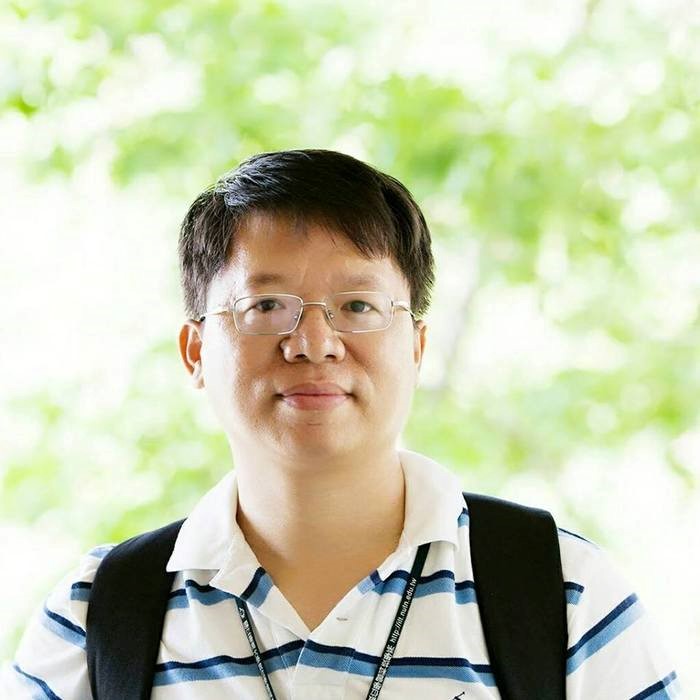
Dr. Robin Chiu-Pin Lin received his Ph.D. degree in the Department of Computer Science and Information Engineering from National Central University, in 2004. He is currently a professor of the Institute of Learning Sciences and Technologies, National Tsing Hua University, Taiwan. His research interests include one-to-one classroom learning, computer-supported collaborative learning, web-based learning and learning community, etc.
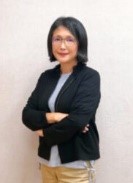
Dr. Sunny S. J. Lin is a Distinguished Professor in the Institute of Education/the Center of Teacher Education, National Yang Ming Chiao Tung University. In 2005, Lin received distinguished Research Award from MOST (Ministry of Science & Technology, grants from 2005 to 2007), leading her research team to explore cognitive function & technique to support quality digital collaborative learning & alternative assessment, mainly contributing to the fields of science of learning & science of teaching.
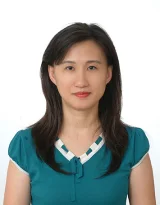
Dr. Fu-Yun Yu is currently a Distinguished Professor at the Institute of Education, National Cheng Kung University, Taiwan. She obtained her Ph.D. in Instructional Technology from the University of Texas at Austin. Her research interests are learner-centered strategies, adaptable learning space design, and technology-enhanced learning. She has received several awards, including the Wu Ta-You Commemorative Award from NSC in Taiwan, the Outstanding Teacher of the Year from National Cheng Kung University (2006) and the Distinguished Researcher Award from APSCE (2009) among others.
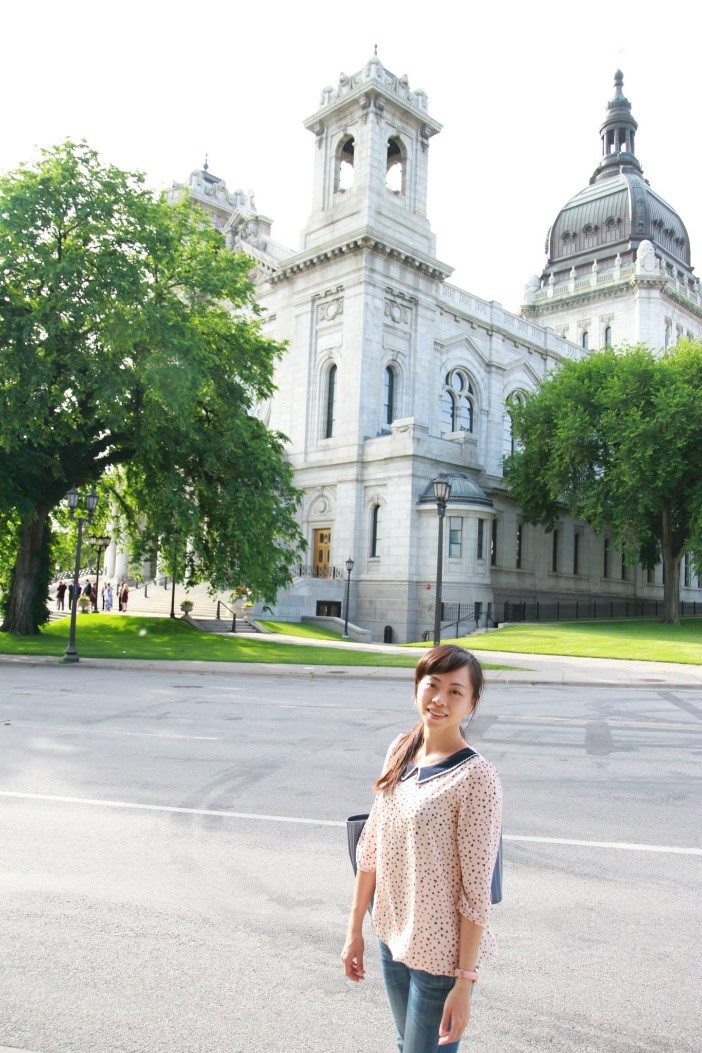
Dr. Lu-Ho Hsia is a Professor of the Office of Physical Education, National Chin-Yi University of Technology, Taiwan. Her research interests include digital learning, flipped learning, mobile learning, artificial intelligence in education, and physical education.
Workshop committee:
Ching-Yi Chang, Taipei Medical University, Taiwan.
Dai-Yi Wang, Providence University, Taiwan
Chia-Rong Lee, National Yunlin University of Science and Technology, Taiwan
The expected number of attendees:
Although this Workshop will emphasize on Computer-Supported Personalized and Collaborative Learning, it covers an interdisciplinary research topic so we believe that it will attract researchers from various domains, including data mining, user modeling, adaptive media, human computer interaction, learning science, artificial intelligence, computer science, cognitive science, educational technology, etc. Therefore, it is estimated that there will be approximately 20 submissions from which 8-10 will be selected for presentation in the Workshop.
The planned length of the workshop: half day
A draft of the workshop Call for Papers: Please see the attachment.
Instructions for Authors:
All papers will be peer reviewed. The papers should be 2 pages (System demonstration*), 4 pages (Short paper) or 8 pages (Long paper) in length. References must be in the APA style. Manuscripts should be sent as email attachments to Professor Hsin-Yi Liang (I-shou University, Taiwan) at cindy@isu.edu.tw, with the email subject being "Submission”.
论文格式:
https://gccce2025.jiangnan.edu.cn/dfiles/18334/doc/Template.doc
https://gccce2025.jiangnan.edu.cn/dfiles/18334/doc/ftTemplate.doc
https://gccce2025.jiangnan.edu.cn/dfiles/18334/doc/enTemplate.doc
https://gccce2025.jiangnan.edu.cn/dfiles/18334/doc/GCCCE2025_copyrigh.docx
*Papers submitted for system demonstration must exhibit the system at the workshop.
Important Dates:
- Closing date for workshop paper submissions:April 12, 2025
- Notification of workshop paper review results:April 19, 2025
- Deadline for submission of final workshop papers:April 29, 2025
- Workshop paper registration deadline:May 07, 2025(Early bird registration deadline, April 30, 2025)
